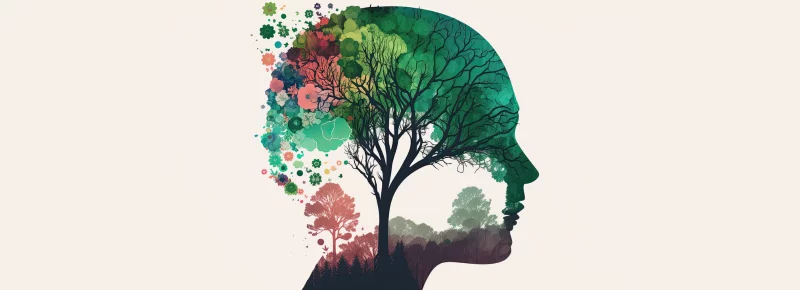Tags
Fact-check: Social media filters can be injurious to health
Author
Author
- admin / 2 years

- 0
- 2 min read

There’s an increase in body-image disorders, such as Snapchat dysmorphia, characterised by the compulsive need to heavily edit one’s digital image.
By Toibah Kirmani
Flawless skin, bigger lips, taut jawlines, and a pointed nose. What’s there not to like about social media filters? Medical experts across the globe are seeing an increase in body-image disorders, such as Snapchat dysmorphia, characterised by the compulsive need to heavily edit one’s digital image.
Most people want to post the most beautiful version of themselves on social media, and the obsession with looking like their filtered selves leaves them feeling miserable, worried, lonely, and let down. According to a study published in JAMA Facial Plastic Surgery, surgeons are noticing a trend of patients wanting to look like their own filtered photos. However, is plastic surgery the solution?
Dr Debanjan Banerjee, Consultant neuropsychiatrist, Apollo Multispecialty Hospitals, Kolkata, maintains that surgery is not the answer. “Body dysmorphic disorder arises from the obsessional belief that a particular part of your body is not proper. It persists without any evidence. Let’s take the example of someone who feels that their nose is not in the right shape. They will never be able to stop believing that their nose is flawed, no matter how many times they undergo a surgical or cosmetic procedure. Because plastic surgery is irreversible, we always advise against getting it done,” he explains.
Overexposure to filtered digital images may cause people to lose their sense of reality. “Filtering is distorting reality. Humans have a very practical randomness, whether their fingers are more uneven, their nose is slightly crooked, or their two ears are not in the same line. These kinds of physical variances, as you may call them, are normal,” notes the neuropsychiatrist.
Desiring to have a body free of “imperfections” or “flaws” is an unhealthy idea. “It could result in an inferiority complex; self-esteem could be impacted,” cautions Dr Debanjan. In the long run, it may even lead to social isolation, a decline in the quality of life, and suicidal thoughts.
It's advisable to use social media in moderation, not get too attached to fictitious digital identities, and follow pages and people on social media that encourage authenticity rather than fabricated reality. It’s healthy to regularly meet with friends in person and have a good time, away from the screens.









